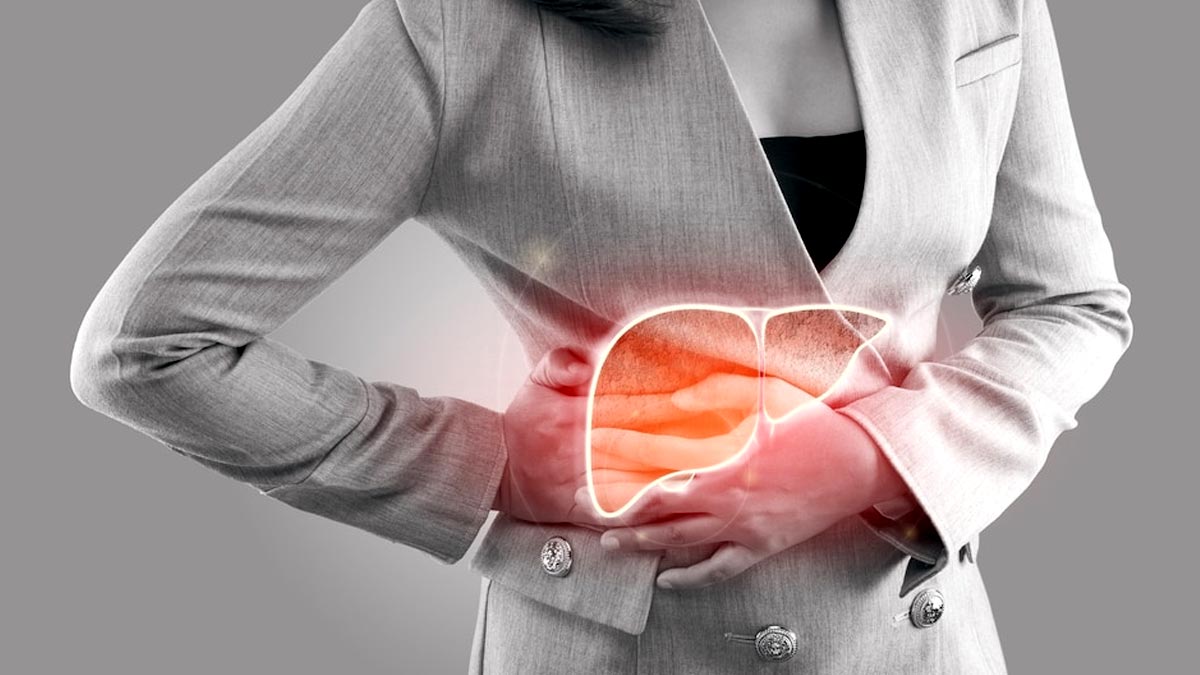
Hepatitis is a liver inflammation. The liver is an important organ because it processes nutrients, filters blood, and fights infections. When the liver becomes inflamed or injured, its function can suffer. Hepatitis can be caused by excessive alcohol consumption, pollutants, certain drugs, and certain medical disorders.
The hepatitis, primary infection of the liver by any one of the hepatitis viruses. According to the World Health Organisation(WHO), hepatitis is of different types A, B, C, D , E and G L. Also it can be acute, which causes symptoms to appear suddenly and then vanish, or chronic, which causes more subtle symptoms and slow liver damage over time.
Dr. Tejashri Shrotri- Senior Consultant (Obstetrics & Gynecology) at Apollo Cradle & Children’s Hospital- Chirag Enclave, New Delhi, explained how it affects pregnant women.
How does it affect a pregnant woman?
The types of hepatitis can affect a pregnant woman in a different way.
Hepatitis A (HAV)
It spreads through the faecal-oral pathway and is linked to poor sanitary conditions. HAV infection is frequent in developing countries such as India, resulting in mild hepatitis and posing little danger during pregnancy.

Hepatitis B (HBV)
Adult hepatitis B infection results in chronic hepatitis with a virus incubation period ranging from 30 to 180 days. It is transmitted through needle stick injuries, tattooing, piercing, and contact with contaminated blood and body fluids such as saliva and menstrual, vaginal, and seminal secretions.
It is often transmitted from mother to child at birth (perinatal transmission) or through exposure to infected blood during pregnancy. If a patient tests positive for Hepatitis B virus, HBV antiviral medication should be continued during the pregnancy and after delivery.
Pregnant women may experience fatigue, nausea and vomiting, abdominal pain or discomfort, loss of appetite, low-grade fever, dark urine, and joint pain. In addition, routine screening for Hepatitis B is done in pregnant women.
Hepatitis E
HEV can also be transmitted by blood. Pregnant women with Hepatitis E, especially those in their second or third trimesters, are at increased risk of acute liver failure, foetal loss, and death.
Risk pregnant women with Hepatitis can face?
The risk factors of hepatitis during pregnancy are gestational hypertension, foetal development, placenta abruption, and preterm birth. Chronic HBV in pregnancy raises the chance of cirrhosis progression. Wherein chronic hepatitis D is linked to an increased risk of severe chronic liver disease in pregnant women.

During your pregnancy, pregnant women undergo blood tests for 3 infectious diseases: hepatitis B, HIV and syphilis. Babies born to a mother with hepatitis B have a greater chance of developing chronic hepatitis if they are not properly treated at birth. It is very important that pregnant people know their hepatitis status in order to prevent passing the virus on to their newborn baby during delivery.
Also read:Viral Hepatitis: Symptoms, Causes, Treatment, and Prevention
What preventions should a hepatitis patient take ?
Improving hygienic conditions and providing safe, clean drinking water aid is the prevention of HAV spread. Also, active screening of high-risk groups for HCV infection, as well as educational training for the doctors, health advisors and for the general community should be run.
In addition, screening of blood and blood products, as well as routine testing of tissue and organ donors, are part of the HBV infection prevention approach. Vaccination is the most effective method of preventing HAV because it is a vaccine-preventable disease.







